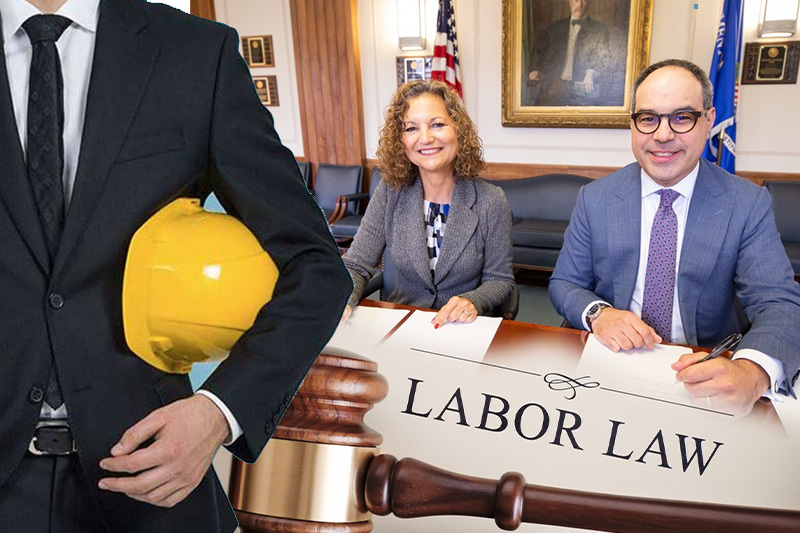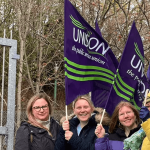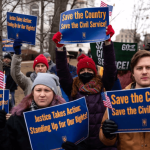
us justice dept & labor board collaborate
 US – A memorandum of understanding (MoU) has been signed between United States’ Justice Department’s Antitrust Division and the National Labor Relations Board (NLRB). The partnership is aimed to strengthen the collaboration between the two agencies towards rendering enhanced protection of the competitive labor market while ensuring that the workers are able to exercise their rights freely in accordance to the country’s labor laws.
US – A memorandum of understanding (MoU) has been signed between United States’ Justice Department’s Antitrust Division and the National Labor Relations Board (NLRB). The partnership is aimed to strengthen the collaboration between the two agencies towards rendering enhanced protection of the competitive labor market while ensuring that the workers are able to exercise their rights freely in accordance to the country’s labor laws.
“Protecting competition in labor markets is fundamental to the ability of workers to earn just rewards for their work, to live out the American dream, and to provide for their families,” said Assistant Attorney General Jonathan Kanter of the Justice Department’s Antitrust Division.
“By cooperating more closely with our colleagues in the NLRB, we can share information on potential violations of the antitrust and labor laws, collaborate on new policies and ensure that workers are protected from collusion and unlawful employer behavior. As the department noted in the amicus brief we submitted in the NLRB’s recent Atlanta Opera matter, we support the Board’s ongoing efforts to update its guidance to ensure that workers are properly classified under the labor laws. Protecting the right of workers to earn a fair wage is core to the work of both our agencies, and it will continue to receive extraordinary vigilance from the Antitrust Division,” the official US DOJ website quoted Assistant AG Kanter.
Related Posts
Through the partnership, the agencies will also attain the objectives of the President’s Executive Order on Promoting Competition in the American Economy.
“Under the National Labor Relations Act (NLRA), workers have the right to organize to improve their pay and working conditions,” said NLRB General Counsel Jennifer Abruzzo. “When businesses interfere with worker organizing, either through creating structures designed to evade labor law or through anticompetitive practices, it hinders our economy and our democracy. This MOU will strengthen the federal government’s ability to effectively stop this kind of unlawful activity and, therefore, to better protect workers’ right to freely associate with one another to improve their wages and working conditions and to collectively bargain through freely chosen representatives.”
The common interests of the two departments include promotion of open and competitive labor markets, through protection of American workers from “collusive or anticompetitive employer practices and unlawful interference with employees’ right to organize”.













